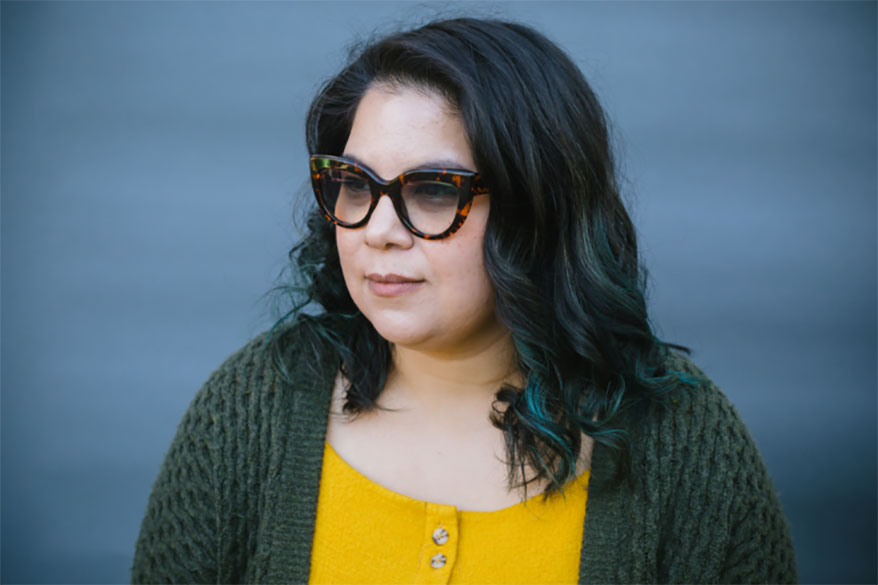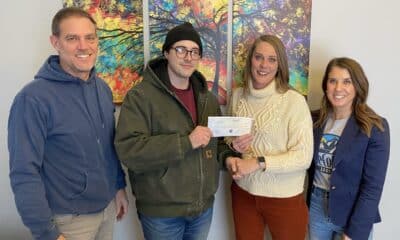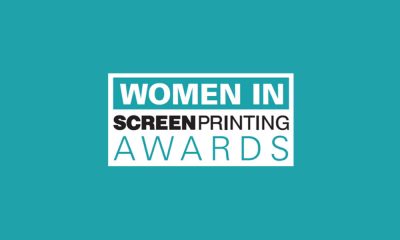“VAL IS CONTINUALLY pushing for more sustainability in the US screen printing market, and has always been focused on doing more with less… She is always open to helping troubleshoot and discuss any water-based ink issues and problems we’ve had in our shop, with anyone who needs it.” — Eric Solomon, co-owner, Night Owls
Your nomination form states you are truly a forward-thinking creative, understanding all aspects of screen printing production, from art creation, to ink building, to press set up and finesse. Why is understanding all facets of the business so important to you?
In the beginning, it was more out of necessity. It was just Eric (my husband) and I handling every aspect from art to screen making to printing. I focused more on the graphic art and color theory side of things, while my husband handled the customer service and physical printing side.
It’s certainly not necessary to know everything about screen printing, but I do think it helps you be a better printer! It definitely helps to also have the right people in place who do, as well. When your shop is small, you just learn to do everything yourself. Luckily, I already had an interest in graphic arts and was teaching myself Photoshop when I fell into this. Learning to make custom Pantone ink colors was the next logical step for me. We both played upon our strengths and really learned what not to do.
To be honest, it wasn’t until these last five years that we really started to deep dive and learn the ins and outs of our craft. We went to all of the tradeshows and classes. I think it finally clicked when we took the first Virus Certified Water-based Mastery class. It gave us all of the missing pieces we needed to move forward as a 100-percent water-based shop. There are definitely areas of the shop that I do not excel in, screen making being one of them, but I am still learning things every day.
You’ve been working in the industry since 2005, when you started with a Speedball kit purchased from Hobby Lobby. How has the industry changed since then and how has it impacted your career?
Advertisement
I’ve seen it change incredibly over the years. When I started, I didn’t really feel like I had a lot of options when it came to training or classes. I didn’t know where to look aside from the general T-shirt board online and a few basic books I could pick up that didn’t necessarily walk me through the science or technical side of things.
Nowadays, there is more of a screen printing community that’s really at my fingertips. Having access to manufacturers and fellow screen printers as an open source has become such an asset to me and my company. I’m super grateful for people like Mark Coudray, Danny Gruninger, and Michelle Moxley (just to name a few) for constantly walking us through things and being so amazing at what they do! Night Owls would not be where it is right now without the help of the printers who came before us.
As we get into hybrids, digital printing, and more technological advancements for decorating apparel, I do think we are losing a bit of the art and craft to screen printing.
Night Owls is a 100-percent water-based company. Why are you such an advocate for water-based ink use and sustainable practices in the screen printing industry?
It’s been highly debated whether water-based is more eco-friendly than plastisol. There are so many variables that go into it and I personally can’t say that either actually is. But I do think water-based inks are definitely a step in the right direction.
We decided to make our shop as green and sustainable as possible. We’ve taken the steps to make sure that whatever waste water we have is filtered three times before it ever goes down a drain. Because our inks are water-based, we recycle them as much as possible. The great thing about HSA is that we can rehydrate it just by mixing fresh ink in with old. Of course you can’t necessarily do that with discharge inks. Whatever waste ink we do have, we handle and dispose of according to regulation.
Advertisement
To me, water-based ink is a premium product. Our goal as a shop is to provide goods that our customer’s customer wants to actively use. We want the shirt that we print to be that person’s favorite, go-to shirt. We want to provide that connection between the end user and our customer, whether they are an artist, a gym owner, or a band. The print is going to look great, it’s going to have a softer hand, and the breathability of it when worn is second to none. Unfortunately, I just didn’t get that when we were printing with oil-based inks.
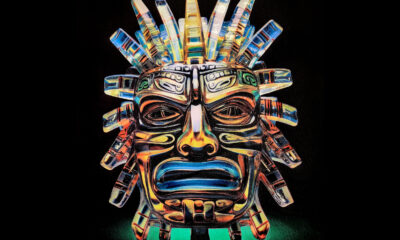
 Case Studies2 months ago
Case Studies2 months ago
 Art, Ad, or Alchemy2 months ago
Art, Ad, or Alchemy2 months ago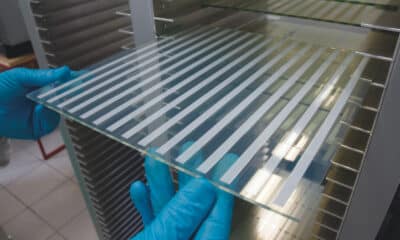
 Andy MacDougall2 months ago
Andy MacDougall2 months ago
 Columns3 weeks ago
Columns3 weeks ago
 Editor's Note2 weeks ago
Editor's Note2 weeks ago
 Marshall Atkinson2 weeks ago
Marshall Atkinson2 weeks ago
 Thomas Trimingham2 months ago
Thomas Trimingham2 months ago
 News & Trends2 months ago
News & Trends2 months ago
